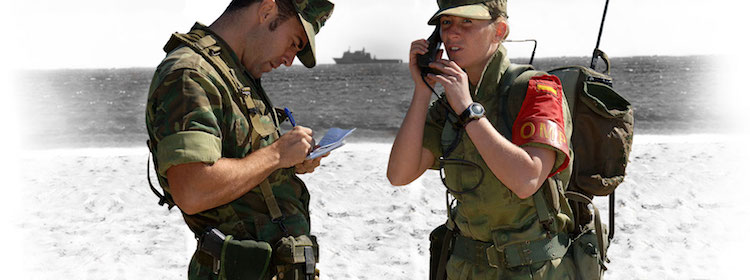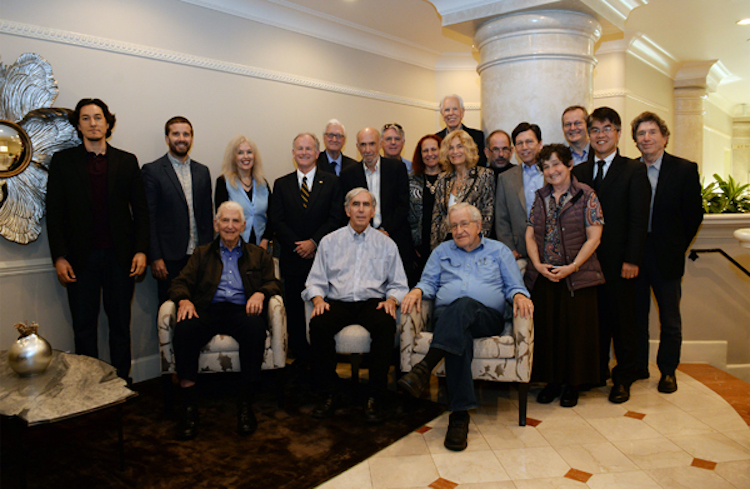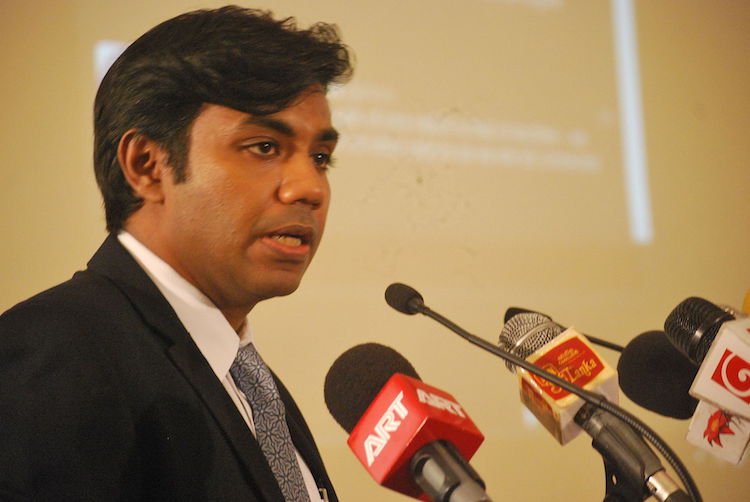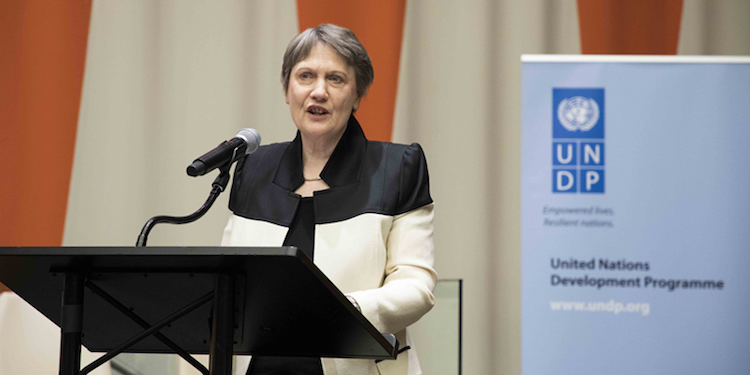PARIS (IDN | SWAN) – The world is becoming “more violent, and violence is occurring in surprising places,” says a recent report by the Paris-based Organisation for Economic Cooperation and Development (OECD).
Some 3.34 billion people, or almost half of the world’s population, have been affected by violence over the past 15 years, according to the report. But many regions have also known violence for decades, if not centuries, and the arts have particularly borne witness to the issue.
In the Caribbean, writers and other artists are known for portraying societal violence in their work, and this depiction is now increasingly the subject of scholarly research.









 NEW YORK (IDN) – While there has been an overall decline in the prevalence of Female Genital Mutilation (FGM) across countries, this progress is likely to be offset by rapid population growth in states where FGM occurs, unless efforts to eliminate the practice are renewed in light of recent research, and urgently stepped up,
NEW YORK (IDN) – While there has been an overall decline in the prevalence of Female Genital Mutilation (FGM) across countries, this progress is likely to be offset by rapid population growth in states where FGM occurs, unless efforts to eliminate the practice are renewed in light of recent research, and urgently stepped up, 
